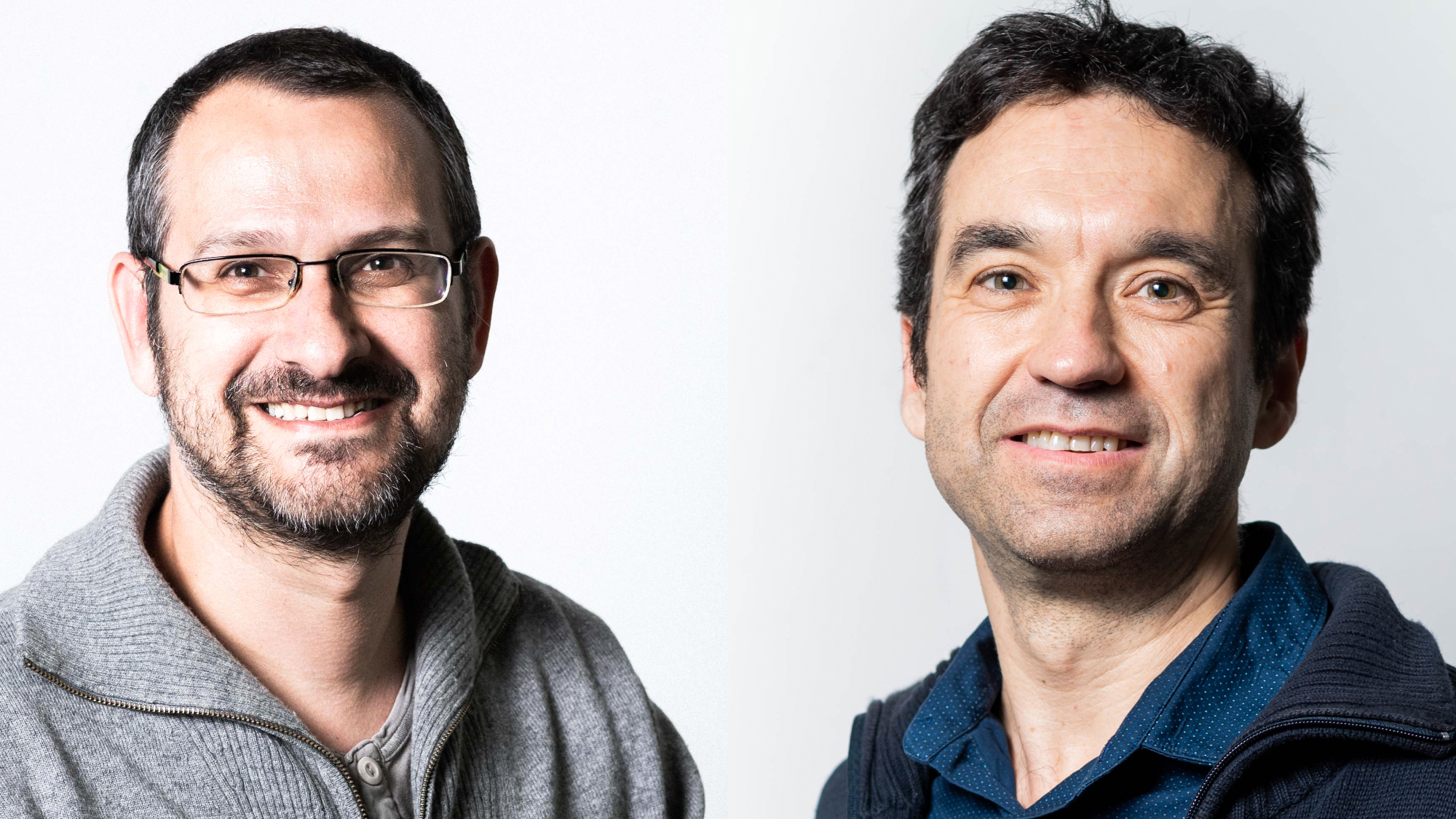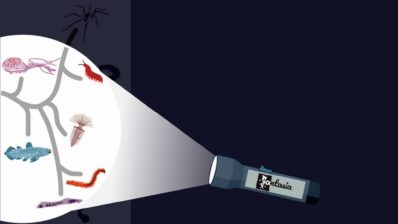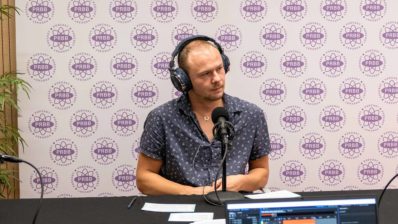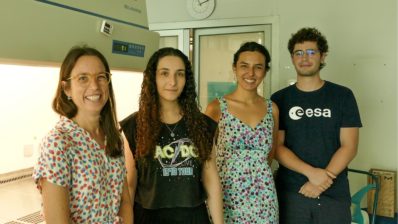Salvador Carranza is the new director of the Institute for Evolutionary Biology (IBE: CSIC-UPF) since late April. He replaces Tomàs Marquès-Bonet, who has directed the centre for the past three years.
We talk to the outgoing and incoming directors to review the latest years of the centre and take a look to the future.
Tomàs Marquès-Bonet
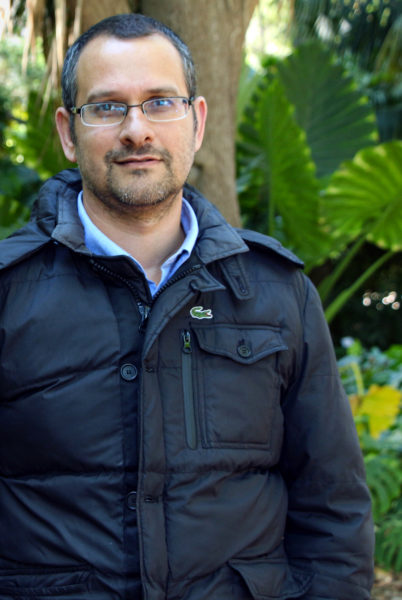
What would you highlight about your time as IBE director, on a personal level?
What I have learned the most during these years as the IBE director is to value the work involved in management positions. Now I can no longer be in any meeting or committee without infinitely thanking the people who dedicate their time to management. It is a hard and complicated task, and it’s impossible to please everyone. On a personal level this experience has contributed a lot to make me understand the complexity and rawness of some decisions.
I have learned to value the work involved in management positions; it is impossible to please everyone.
What is, from your point of view, the best thing that has been achieved during these years?
I am very proud of these years. The former director, Xavier Bellés, had undoubtedly laid the foundations for the project, and I had to continue this process, seeking to consolidate the project with an obvious change in the weight of institutions. Obviously, the celebration of the 10th anniversary of the institution, which we organised with the manager (Anna Pérez) and the deputy directors (Salvador Carranza and Elena Bosch), was for me the peak moment and in which I felt more emotionally involved with what we are building.
What would you like to have done that you couldn’t do?
The IBE is still physically split between the Barcelona Biomedical Research Park (PRBB) and the CMIMA. My main fight has been to involve both our institutions with the aim to end up with a full integration within the UPF Planetary Wellbeing initiative,within the Fish Market project, taking into consideration the institutions in our environment. Obviously, I have learned that all these great projects are very slow and fragile, but that you must constantly fight if you believe in them.
Salvador Carranza

What is the biggest challenge you think you will have to face as the new IBE director?
Throughout the three years that Tomàs Marquès has been at the forefront of the IBE, he has been able to promote the research and visibility of our institute, both nationally and internationally and, above all, take a giant step to consolidate the project of the IBE building. Maintaining and, if possible, improving the institute’s level of research and visibility and definitively promoting the construction of the building that we need so much in order to maximize the full potential of the IBE will be a challenge.
On the other hand, IBE is now a centre with more than 120 workers among administrative, technical and scientific personnel with different interests, objectives and aspirations. The second great challenge will therefore be to be able to respond appropriately to all these diverse workers and ensure that they can carry out their job in the best possible way. If we make IBE members proud to work and above all to belong to this leading institute in Evolutionary Biology, successes at the scientific level will be assured. Both Elena Bosch (Deputy Director) and I will work to make this happen.
If we make IBE members proud to work and above all to belong to this leading institute in Evolutionary Biology, successes at the scientific level will be assured.
What topics would you like to tackle and what changes would you like to make?
After taking possession, I sent all IBE members the Management Plan for the next four years. This plan includes 14 points that address very diverse aspects, both scientific and administrative. Among the main topics to be discussed there are:
- The attraction of new scientific and technical staff.
- Improve gender balance at the group leader level.
- Strengthen the IBE administration and consolidate the communication unit.
- Review and improve protocols for the protection of occupational risks.
- Promote and reinforce the activity of the good practice, diversity, PhD mentoring and student commissions.
- Develop strategies that promote communication and cohesion within the Institute.
How do you imagine the IBE in 5 years?
I imagine it with all its members now separated in the CMIMA and PRBB buildings in a unique building of their own in the old spaces of the Fish Market, within the project of “The Ciutadella of Knowledge”. This is a scientific and urban project that plans to turn the Ciutadella area into a leading node of scientific knowledge in Europe for research and innovation around planetary well-being. Being part of this ambitious project as experts in Evolutionary Biology is a unique opportunity for the IBE and one of the main priorities within the Management Plan for the coming years.


